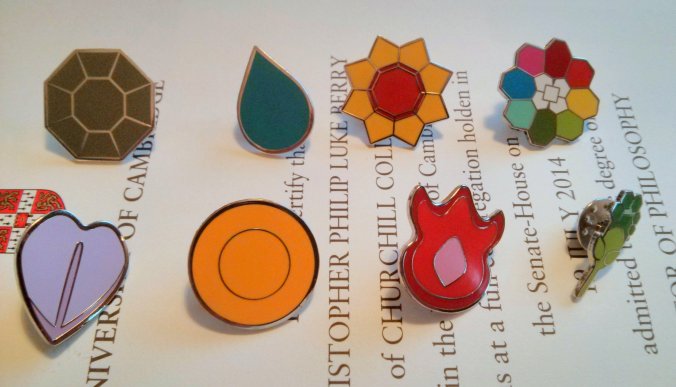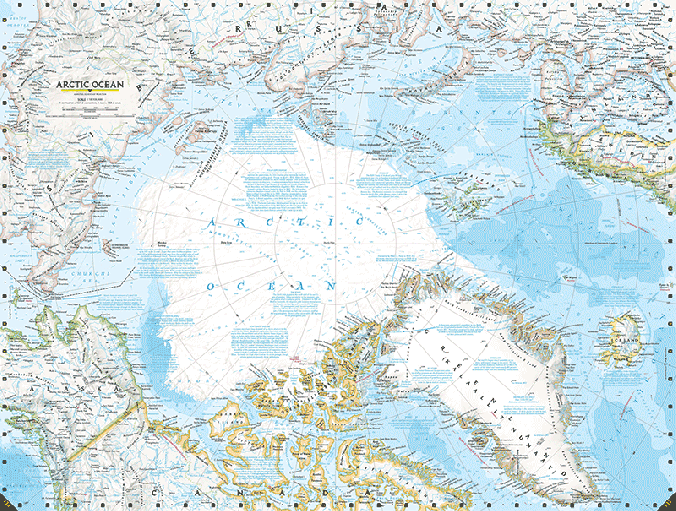Last academic year I took a course on teaching and learning in higher education. I enjoyed learning some education theory: I could recognise habits (both good and bad) my students and I practised. I wanted to write up some of the more interesting ideas I came across, I’ve been kept busy by other things (such as writing up the assessment for the course), but here’s the first.

My collection of qualifications.
Threshold concepts
Have you ever had that moment when something just clicked? Perhaps you’ve been struggling with a particular topic for a while, then suddenly you understand, you have that eureka moment, and you get a new view on everything. That’s one of the best moments in studying.
Threshold concepts are a particular class of these troublesome concepts that have a big impact on your development. It’s not just that these take work to come to grips with, but that you can’t master a subject until you’ve figured them out. As a teacher, they’re something to watch out for, as these are the areas where students’ progress can be held up and they need extra support.
Being a student is much like being a Pokémon. When you start out, there’s not much you can do. Then you practise and gain experience. This can be difficult, but you level up. (Sadly, as a student you don’t the nice little jingle when you do). After levelling up, things don’t seem so hard, so you can tackle more difficult battles. Every so often you’ll learn a new technique, a new move (hopefully you won’t forget an old one), and now you are even more awesome.
That’s all pretty straightforward. If you keep training, you get stronger. (It does turn out that studying helps you learn).
Mastering a threshold concept is more like evolving. You get a sudden boost to your abilities, and now you can learn moves that you couldn’t before, perhaps you’ve changed type too. Evolving isn’t straightforward. Sometimes all you need to do is keep working and level up; other times you’ll need a particular item, to learn a special move, to hone one particular aspect, or be in the right place at the right time. Some people might assimilate a threshold concept like any other new idea, while others will have to put in extra time and effort. In any case, the end effect is transformative. Congratulations, your Physics Student has evolved into a Physicist!

Educational evolution. Pokémon art by Ken Sugimori.
Characteristics
Every discipline has its own threshold concepts. For example, in Pokémon training there’s the idea that different types of Pokémon are have advantages over others (water is super effective against fire, which is super effective against grass, etc.), so you should pick your Pokémon (and their moves) appropriately. Threshold concepts share certain attributes, they are:
- Transformative: Once understood they change how you view the subject (or life in general). Understanding Pokémon types changes how you view battles, if you’re going to go up against a gym leader called Lt. Surge, you know to pack some Ground types as they’re good against Electric types. It also now makes sense how Iron Man (obviously a Steel type), can take on Thor (an Electric type) in The Avengers, but gets trashed by some random henchpeople with heat powers (Fire types) in Iron Man 3.
- Irreversible: Once learnt there’s no changing back. You know you’re going to have a bad time if you’ve only packed Fire types to go explore an underwater cave.
- Integrative: Having conquered a threshold concept, you can spot connections to other ideas and progress to develop new skills. Once you’ve realised that your beloved Blastoise has a weakness to Electric types, you might consider teaching it Earthquake as a counter. You’ve moved on from just considering the types of Pokémon, to considering their move-sets too. Or you could make sure your team has Ground type, so you can switch out your Blastoise. Now you’re considering the entire composition of your team.
- Troublesome: Threshold concepts are difficult. They may be conceptually challenging (how do you remember 18 types vs 18 types?), counter-intuitive (why don’t Ghost moves affect Normal types?), or be resisted as they force you to re-evaluate your (deep held) opinions (maybe Gyarados isn’t the best, despite looking ferocious, because it has a double weakness to Electric types, and perhaps using your favourite Snorlax in all situations is a bad idea, regardless of how huggable he is).
Using these criteria, you might be able to think of some threshold concepts in other areas, and possibly see why people have problems with them. For example, it might now make more sense why some people have problems accepting global warming is caused by humans. This is certainly a transformative idea, as it makes you reconsider your actions and those of society, as well as the prospects for future generations, and it is certainly troublesome, as one has to accept that the world can change, that our current lifestyle (and perhaps certain economic activities) is not sustainable, and that we are guilty of damaging our only home. The irreversible nature of threshold concepts might also make people resist coming to terms with them, as they prefer their current state of comfortable innocence.

National Geographic atlases from 1999 to 2014, showing how Arctic ice has melted. At this rate, ice type Pokémon will be extinct in the wild by the end of the century (they’re already the rarest type). It’s super depressing…
Summary
Threshold concepts are key but troublesome concepts within a discipline. If you want to be the very best, you have to master them all. They are so called as they can be thought of as doorways, through which a student must step in order to progress. After moving passed the threshold, they enter a new (larger) room, the next stage in their development. From here, they can continue to the next threshold. Looking back, they also get a new perspective on what they have learnt; they can now see new ways of connecting together old ideas. Students might be hesitant to step through because they are nervous about leaving their current state behind. They might also have problems just because the door is difficult to open. If you are planning teaching, you should consider what threshold concepts you’ll cover, and then how to build your lessons around threshold concepts so no-one gets left behind.
I especially like the idea of threshold concepts, as it shows learning to be made up of a journey through different stages of understanding, rather than building a pile of knowledge. (Education should be more about understanding how to figure out the right answer than knowing what it is). If you’d like to learn more about threshold concepts, I’d recommend browsing the resources compiled by Michael Flanagan of UCL.